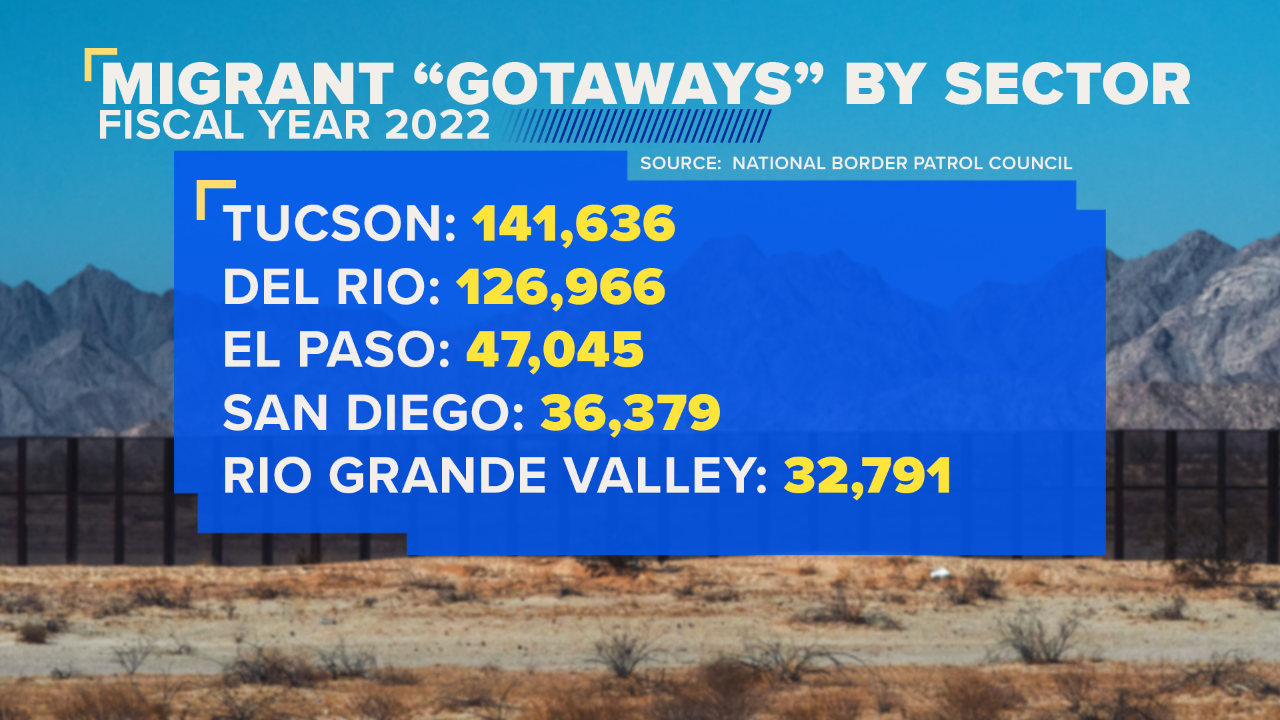(NewsNation) — Wading through the thick brush in the dead of night, Texas Department of Public Safety (DPS) agents found a group of migrants trying to sneak into the United States.
It’s become an all-too-familiar pattern as troopers told NewsNation correspondents in the Rio Grande Valley they’re noticing a spike in activity in the early morning hours.
What they’re seeing is on par with new data: Migrant border encounters have hit a new high — over 239,000 in the month of May, up more than 900 percent compared to May of 2020, according to U.S. Customs and Border Protection (CBP).

And while some are families with children claiming asylum, others are more brazen.
Just last week in Douglas, Arizona, for example, a group of more than 40 made a break for the border wall, overwhelming one lone border agent on U.S. soil.
Rodney Scott, who has served as Border Patrol chief during both President Donald Trump’s and President Joe Biden’s administrations, said the message that’s circulating is that the border is open and can be easily crossed — a message that he said needs to change.
The number that has many in law enforcement most concerned is the number of “known gotaways” — or the number of migrants who have eluded law enforcement, which tops 445,000 this fiscal year, with the Tucson, Arizona, and Del Rio, Texas, sectors leading the way.

“The cartels are systematically using these mass groups of migrants to overwhelm law enforcement and then your fentanyl, cocaine and even the terrorists you’ve heard so much about lately are coming through the gaps,” Scott said.
Raul Trevizo-Dominguez is a Mexican citizen previously deported from the U.S. who was convicted of second-degree murder in Phoenix. Border Patrol agents arrested him trying to sneak back into the states last week.
However, a migrant caravan comprised of thousands of people that left southern Mexico earlier this month is no more — broken up by Mexican officials. Texas Gov. Greg Abbott is chalking it up to the deals he cut with four Mexican governors to have their law enforcement work more proactively to secure the border.
Still, the expectation is that many of the people in the caravan will eventually make it to the border.
“The entire number of people are still going to make it to the border; they’re just not going to make it up to the border in one large group,” Scott said.





